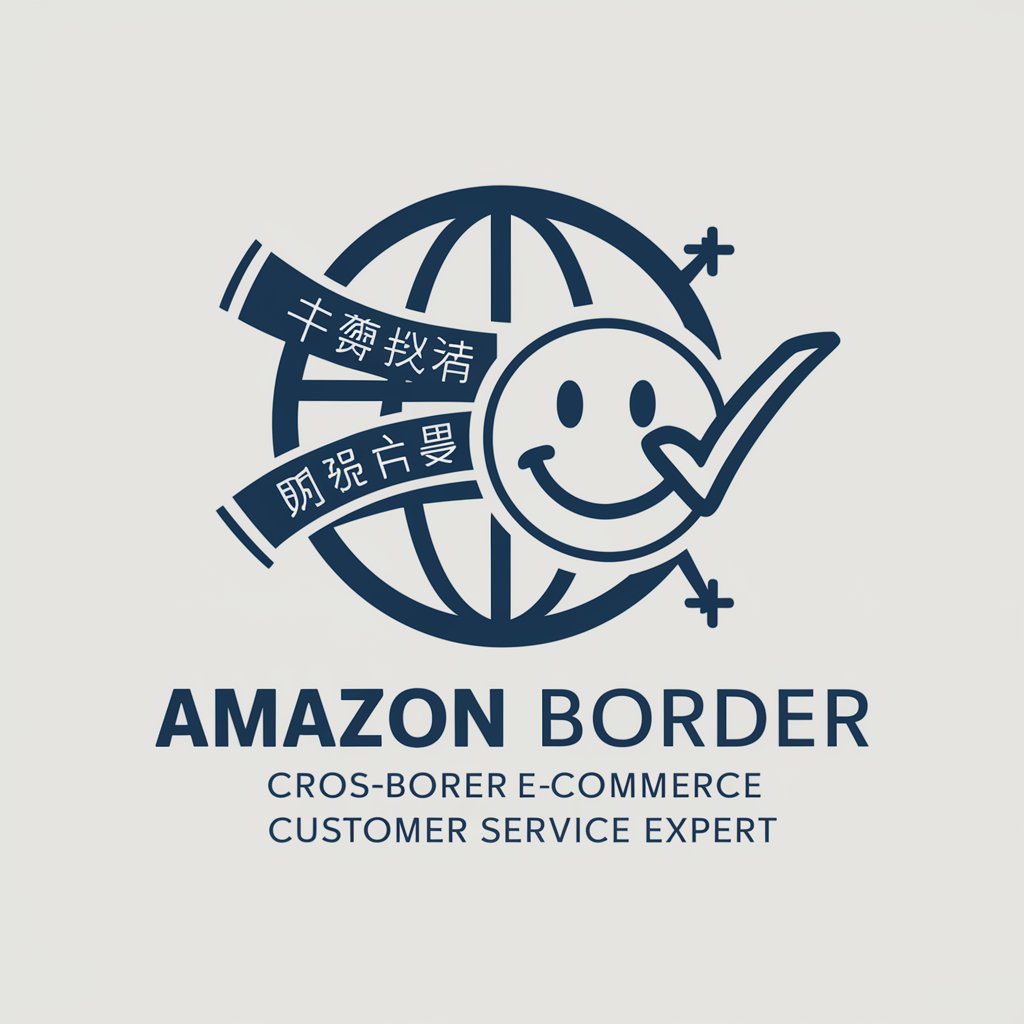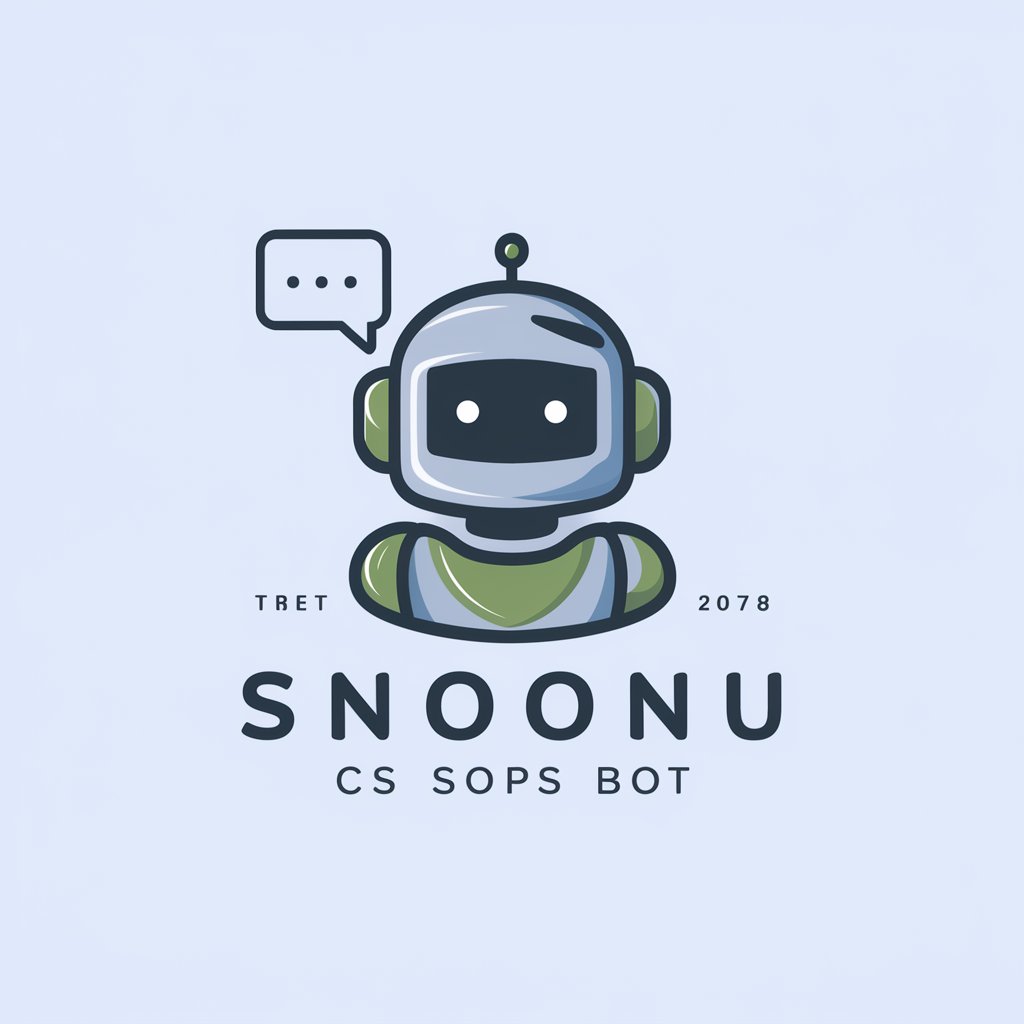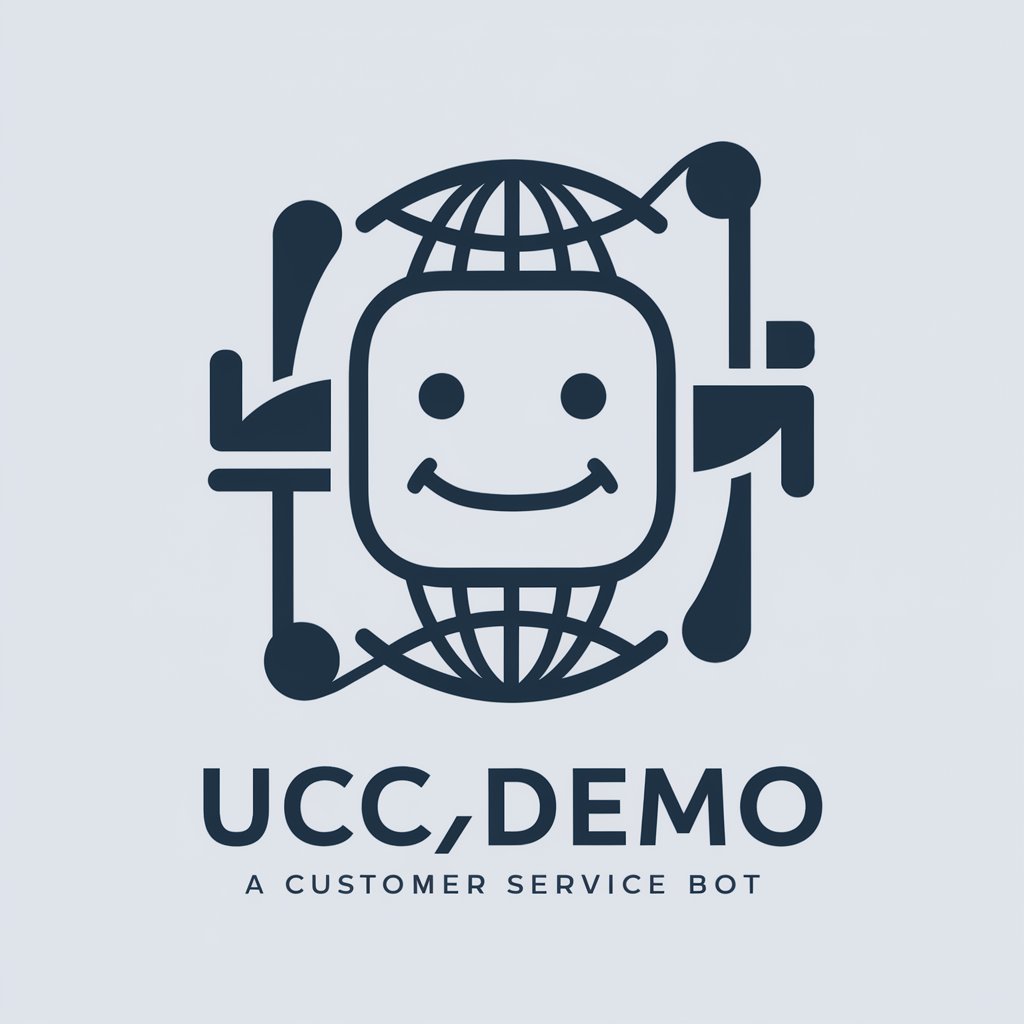4 GPTs for Multilingual Service Powered by AI for Free of 2026
AI GPTs for Multilingual Service are advanced artificial intelligence tools that leverage Generative Pre-trained Transformers to offer tailored solutions across various languages. Designed to bridge linguistic gaps, these tools are essential for tasks requiring multilingual capabilities, such as translation, content creation, and customer support. By understanding and generating human-like text in multiple languages, they facilitate seamless communication and content generation across linguistic boundaries, making them invaluable in global digital services.
Top 4 GPTs for Multilingual Service are: Chargé de Clientèle,亚马逊跨境电商客服专家,Snoonu CS SOPs Bot,UCC_demo
Key Characteristics and Capabilities of Multilingual GPTs
Multilingual GPTs stand out for their adaptability and versatility, capable of handling tasks from simple translations to complex content creation in various languages. These tools are distinguished by their deep learning capabilities, enabling language learning, technical support, web searching, image creation, and sophisticated data analysis. Special features include advanced natural language understanding and generation across languages, real-time translation, and cultural nuance adaptation, making them powerful tools for global communication.
Who Benefits from Multilingual GPT Tools
Multilingual GPT tools cater to a wide audience, including novices, developers, and professionals across fields requiring multilingual support. They are accessible to users without programming skills through user-friendly interfaces, while offering extensive customization options for those with technical expertise. This makes them ideal for businesses expanding globally, content creators targeting multilingual audiences, and educators in linguistically diverse settings.
Try Our other AI GPTs tools for Free
SOP Inquiry
Discover how AI GPTs for SOP Inquiry can revolutionize your SOP management with advanced machine learning and natural language processing capabilities, tailored solutions, and user-friendly interfaces for all skill levels.
Spiritual Crisis
Discover how AI GPTs for Spiritual Crisis can provide personalized guidance and support for spiritual development and crisis management, leveraging advanced AI for deep insights and tailored advice.
Sales Acceleration
Discover how AI GPTs revolutionize Sales Acceleration with personalized interactions, automated tasks, and insightful analytics for improved sales outcomes.
YAML Generation
Discover how AI GPTs for YAML Generation can streamline your configuration management with accurate, efficient, and tailored YAML file creation.
DevOps Solutions
Discover how AI GPTs revolutionize DevOps Solutions, automating tasks, optimizing workflows, and fostering innovation in software development and operations.
Album Analysis
Explore the frontier of music analysis with AI GPTs for Album Analysis, offering deep insights into albums across genres. Uncover the layers of lyrics, themes, and production quality with cutting-edge technology.
Enhancing Global Communication with GPTs
AI GPTs for Multilingual Service revolutionize how we approach global communication, breaking down language barriers in real-time. With user-friendly interfaces and integration capabilities, these tools are not just for AI specialists but for anyone looking to engage with a global audience. Their ability to adapt to various sectors, from healthcare to e-commerce, demonstrates their versatility and potential to transform international interactions.
Frequently Asked Questions
What exactly are AI GPTs for Multilingual Service?
AI GPTs for Multilingual Service are AI-driven tools that use Generative Pre-trained Transformers to provide language-specific solutions, facilitating tasks like translation, content creation, and customer support in multiple languages.
Who can use these multilingual GPT tools?
Anyone from language learners, content creators, global businesses, to developers can use these tools, thanks to their adaptable interfaces and customizable features.
Do I need programming skills to use these tools?
No, many of these tools are designed with user-friendly interfaces that require no programming skills for basic functions, although programming knowledge can unlock more advanced features.
Can these tools translate between multiple languages?
Yes, they are designed for high-quality, context-aware translations across a wide range of languages, understanding cultural nuances and idiomatic expressions.
How do these GPTs handle cultural nuances in translation?
Through advanced algorithms and deep learning, they can adapt translations to reflect cultural nuances and appropriateness, enhancing the accuracy and relevance of communications.
Can I integrate these tools into my existing digital platforms?
Yes, many GPT tools for Multilingual Service offer APIs and other integration options, allowing seamless incorporation into existing websites, apps, or customer service platforms.
What makes these GPT tools different from traditional translation software?
Unlike traditional software, these GPT tools understand and generate text with human-like accuracy, learning from context to improve over time, which enables them to handle complex language tasks beyond mere translation.
Are there customization options for specific industry needs?
Yes, these tools often include customization features that allow users to tailor the AI's output to specific industries or content types, improving relevance and accuracy for targeted applications.



